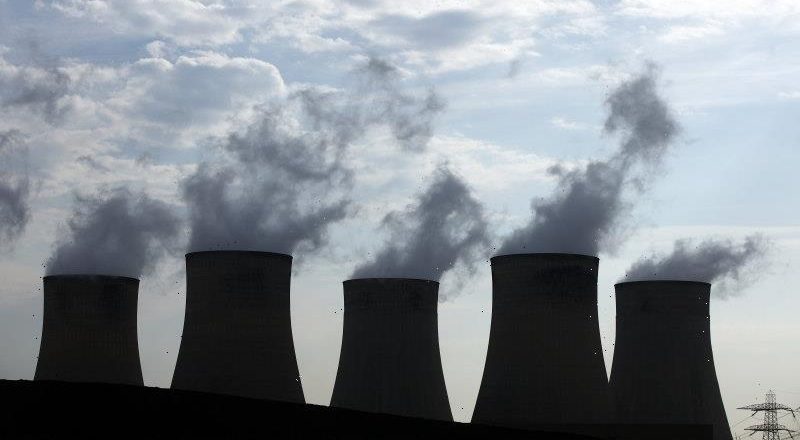Brits facing ‘managed and controlled’ power blackouts if energy supply falters and winter is cold
London: British homes and businesses could face rolling three-hour blackouts in the coming months if the country cannot import electricity from Europe and source enough gas to fuel gas-fired power plants.
National Grid, the company in charge of Britain’s electricity and gas systems, warned on Thursday that millions of British households would need to cut back on energy consumption to avoid the worst-case scenarios.
A pub in Cornwall, England has resorted to using candles because of spiralling energy costs.Credit:Masons Arms
Countries across Europe are drawing up winter contingency plans against the disruption of flows of gas from Russia because of the war in Ukraine, which could lead to rationing and a curb in exports of energy to other countries.
A shortage of gas in Europe, as well as maintenance issues with several French nuclear power plants and low water levels at Norway’s hydropower plants, have raised the risk Britain could be unable to secure the gas it needs or the imports of electricity it typically receives from the continent.
National Grid said its “base case” was unchanged under which supply would meet demand, but for the first time it acknowledged that it would have to impose rolling power cuts in the “extreme scenario” that generators could not secure enough gas or electricity imports on colder than average days and days without wind.
Vapour rises from cooling towers at Uniper SE’s coal-fired power station in Ratcliffe-on-Soar, Britain.Credit:Bloomberg
“In the unlikely event we were in this situation, it would mean that some customers could be without power for pre-defined periods during a day – generally this is assumed to be for three-hour blocks,” the National Grid Electricity System Operator said in its Winter Outlook.
But avoiding controlled blackouts will hinge on firing up old coal plants and recruiting big businesses or millions of households to a new scheme that would pay them to voluntarily ration electricity usage.
Under the voluntary scheme households could be paid more than £10 a day to reduce their usage at peak times and potentially even more if they own an electric vehicle, whose battery can be used for storage. National Grid hopes to conserve about two gigawatts of reduced demand – enough to power about 600,000 homes by this method.
The company plans to use the scheme at least 12 times even without energy shortages to encourage people to take part.
The UK government would have to approve the company’s emergency blackout plan, under which supplies would be cut off in three-hour blocks in certain regions at different times. Supplies to hospitals and “priority” business sites, as well as households that are registered as vulnerable customers, would be protected.
Prime Minister Liz Truss has previously ruled out energy rationing.Credit:AP
Prime Minister Liz Truss on Thursday called on Europe to keep energy exports flowing during the winter, and is likely to heap further pressure on the government after she previously ruled out energy rationing in Britain.
The government remains confident of securing power supplies for the winter and in a separate risk assessment showed its security of gas supply met the standards required in law.
Its analysis said the infrastructure could meet gas demand across scenarios including “a combination of exceptional demand caused by severe weather conditions and the failure of the largest single piece of infrastructure on the gas network”.
Russia has slashed its gas supplies to Europe this year in retaliation for sanctions applied over its invasion of Ukraine, and while Moscow only meets about 4 per cent of Britain’s gas needs, a disruption in supply to Europe has driven up British prices and makes it harder for Britain to secure gas from others.
National Grid’s Winter Outlook said Britain’s ability to secure supply would depend upon its gas prices being high enough to continue to attract exports from Europe and liquefied natural gas (LNG) from countries such as Qatar and the United States.
Norway accounted for 63 per cent of UK gas imports last year, up from 56 per cent in 2020, with pipelines from Belgium and The Netherlands supplying 4 per cent and 5 per cent respectively.
Britain obtains about 19.4 per cent of its primary energy from low carbon sources, with 39 per cent of this from bioenergy, 30 per cent from nuclear, and 17 per cent from wind.
Get a note directly from our foreign correspondents on what’s making headlines around the world. Sign up for the weekly What in the World newsletter here.
Most Viewed in World
From our partners
Source: Read Full Article




